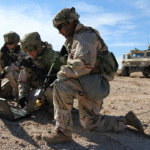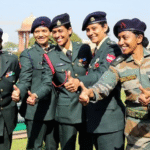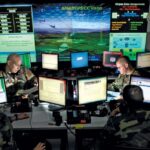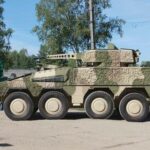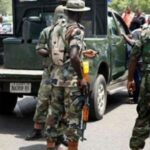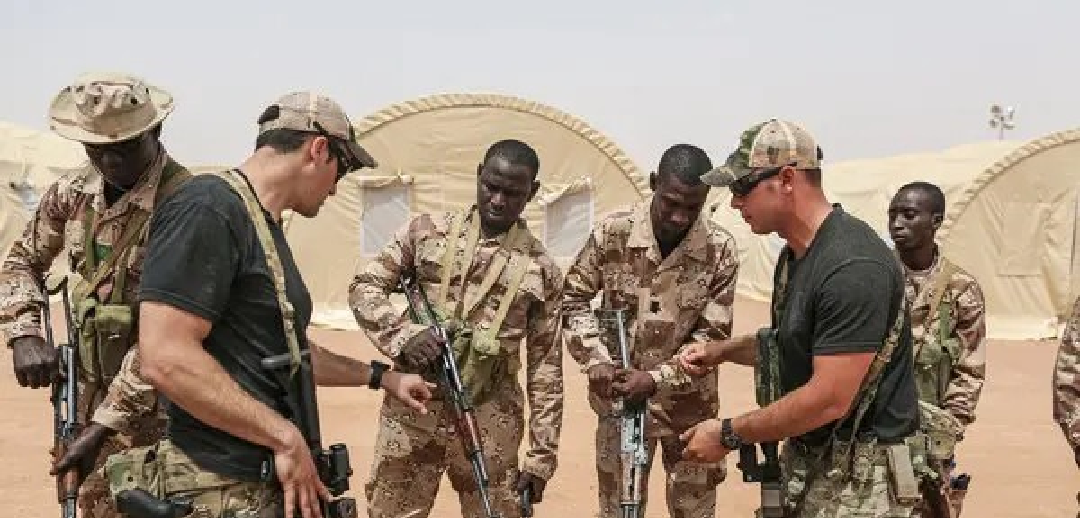
THE ROLE OF SPECIAL FORCES IN MODERN AFRICAN CONFLICTS
For families in northern Nigeria or the villages of coastal Mozambique, the sound of helicopters or armoured trucks cutting through the night can mean something more than just noise it can mean relief. It signals the arrival of special forces, elite soldiers trained to strike quickly, rescue hostages, and push back insurgents who have terrorized communities for years. In places where conventional armies move too slowly or struggle with limited resources, these small units represent both protection and hope.
Special forces have become the sharpest edge of modern warfare in Africa. Unlike the massed armies of the past, they thrive in today’s conflicts, which are defined less by set-piece battles and more by insurgencies, terrorism, and hybrid threats. From hostage rescues in Nigeria to counter-terrorism raids in Somalia, their missions are often high-risk and surgical, aimed at crippling armed groups without dragging entire nations into prolonged wars.
Related Article: UNMANNED AERIAL SYSTEMS: GAME CHANGERS IN AFRICAN CONFLICTS
Across the continent, this role has grown as instability spreads. Groups like Boko Haram, Al-Shabaab, and ISIS affiliates exploit porous borders and weak governance to entrench themselves. Special forces are dispatched to disrupt them striking supply lines, ambushing leaders, and reclaiming territory before militants can consolidate power. In Somalia, small elite teams have conducted daring raids against Al-Shabaab strongholds, reclaiming towns while also trying to build trust with local communities caught in the crossfire.
Their frontline role is most visible in counter-terrorism. Since the early 2000s, U.S. special operations forces have partnered with African counterparts, providing training and intelligence while joining in joint operations. Nigeria’s Special Forces Brigade has executed night raids in the Lake Chad Basin to rescue hostages and dismantle Boko Haram camps, often under fire and in unforgiving terrain. These missions showcase both the promise and the peril of special forces: their effectiveness relies on precision and adaptability, yet they face constant resource shortages and enemies who evolve quickly.
Special forces are also reshaping peacekeeping. Traditional United Nations missions, often built for observation and deterrence, have struggled against modern militant threats. Elite troops fill the gap by performing rapid interventions protecting civilians, clearing routes for aid, and disarming militias. In Mozambique’s Cabo Delgado province, South African special forces combined ground assaults with aerial reconnaissance to push back ISIS-linked insurgents and reopen humanitarian corridors. Beyond combat, they train national armies in counter-IED tactics and urban warfare, laying the groundwork for longer-term security. Still, their aggressive methods sometimes blur the line between peacekeeping and combat, sparking debate about whether such actions escalate rather than resolve conflicts.
Foreign involvement complicates the picture. France relied heavily on its special forces during Operation Barkhane to eliminate jihadist leaders in the Sahel, while Russia’s Wagner Group now rebranded as the Africa Corps has entrenched itself in Mali and the Central African Republic, offering military support tied closely to resource contracts. Meanwhile, U.S. Green Berets and Navy SEALs operate more discreetly, emphasizing partnerships and local capacity-building. These interventions can stabilize fragile states but often fuel controversy, from accusations of neo-colonialism to allegations of human rights abuses.
To counter dependence on outsiders, many African nations are building their own elite units tailored to local threats. Kenya’s 20th Parachute Battalion specializes in operations against Al-Shabaab, Nigeria’s Rangers Battalion fights Boko Haram in the jungles, and South Africa’s Reconnaissance Commandos have shifted from apartheid-era secrecy to regional cooperation. Training programs with Israel, Britain, and the U.S. have expanded capabilities, introducing cyber warfare and drone operations. By developing their own forces, African states gain the ability to act swiftly on crises without waiting for foreign rescue.
Recent conflicts highlight both the promise and limitations of this approach. Ugandan special forces have crossed into the Democratic Republic of Congo to strike the Allied Democratic Forces, working alongside Congolese units. In Mali, Russian-trained special forces have taken on greater autonomy since France’s departure, but civilian casualties have risen as tactics grow more aggressive. Ethiopia’s commandos were instrumental in the Tigray war, mastering mountain warfare to seize strategic ground. Each case demonstrates how elite troops can change the course of war, while also exposing risks of overstretch, politicization, or eroded trust among civilians.
In many African countries today, the presence of special forces can mean the difference between communities living in fear or daring to rebuild their lives. Their speed, precision, and bravery make them indispensable. But their greatest test lies not in how many raids they win, but in whether their actions help create the foundations for peace so that one day, villagers will no longer need to look to the night sky for hope.
King Richard Igimoh, Group Editor ALO
King Richard Igimoh, Group Editor African Leadership Organisation is an award-winning journalist, editor, and publisher with over two decades of expertise in political, defence, and international affairs reporting. As Group Editor of the African Leadership Organisation—publishers of African Leadership Magazine, African Defence & Security Magazine, and Africa Projects Magazine—he delivers incisive coverage that amplifies Africa’s voice in global security, policy, and leadership discourse. He provides frontline editorial coverage of high-profile international events, including the ALM Persons of the Year, the African Summit, and the African Business and Leadership Awards (ABLA) in London, as well as the International Forum for African and Caribbean Leadership (IFAL) in New York City during the United Nations General Assembly.
Recent Posts
Categories
- Air & Aerospace16
- Border Security15
- Civil Security4
- Civil Wars4
- Crisis5
- Cyber Security8
- Defense19
- Diplomacy19
- Entrepreneurship1
- Events5
- Global Security Watch6
- Industry8
- Land & Army8
- Leadership & Training5
- Military Aviation5
- Military History27
- Military Speeches1
- More1
- Naval & Maritime9
- Resources2
- Security12
- Special Forces1
- Systems And Technology9
- Tech6
- Uncategorized3
- UNSC1
- Veterans6
- Women in Defence9




